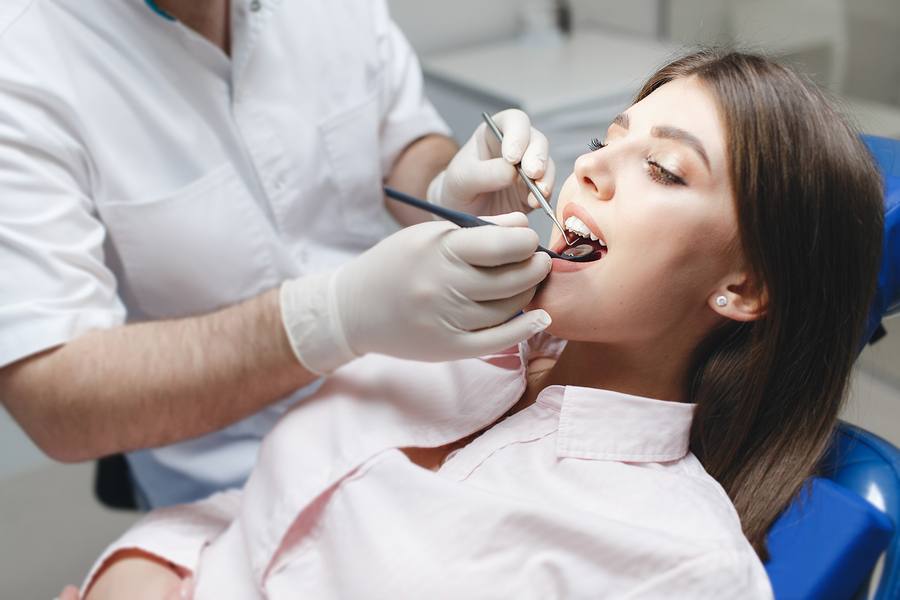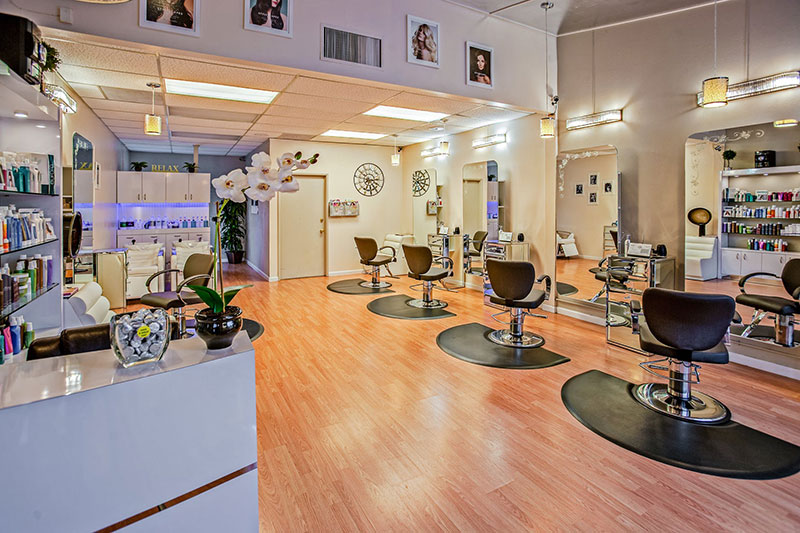Dental emergencies can occur without warning, often leaving you in excruciating pain or distress. Whether you’re at home, work, or out and about in the city, knowing how to handle a dental emergency can make all the difference in minimizing damage and discomfort. In a bustling city like Dubai, having access to emergency dental care is crucial. At Versailles Dental Clinic, we understand that dental issues don’t always arise during office hours, which is why we’re here to guide you through how to manage common dental emergencies and why seeking professional help in Dubai is essential.
What Constitutes a Dental Emergency?
A dental emergency is any situation that requires immediate attention to prevent further damage, reduce pain, or save a tooth. While some dental issues may be inconvenient, others can be urgent and require swift action. Knowing what constitutes an emergency and how to manage it can prevent permanent damage to your teeth and gums.
Common Dental Emergencies
-
Common Dental Emergencies
- Tooth Knocked Out (Avulsed Tooth): A knocked-out tooth is a dental emergency that requires immediate professional care. Here’s how to handle it effectively without relying on outdated or impractical advice:
How to Handle It:
- Handle the tooth carefully: Pick it up by the crown (the visible part) and avoid touching the root to prevent further damage.
- Rinse gently: If the tooth is dirty, rinse it briefly with sterile saline or clean water. Avoid scrubbing or using any cleaning agents.
- Store safely: Place the tooth in a clean container with sterile saline or wrap it in clean, damp gauze to prevent it from drying out.
- Seek immediate dental care: Contact a dental clinic and head there as quickly as possible. Immediate attention is critical to determine the best course of action.
What NOT to Do:
- Do not attempt to reimplant the tooth yourself. This is a complex procedure requiring sterile conditions and professional expertise.
- Avoid touching or cleaning the root, as it contains delicate tissue crucial for potential reattachment.
- Do not let the tooth dry out or expose it to harmful substances.
- Severe Toothache Severe tooth pain can signal an infection, cavity, or gum disease. This type of pain may be sharp or throbbing and may be accompanied by swelling, redness, or a fever.
How to Handle It:- Rinse your mouth with warm saltwater to reduce inflammation and clean the area.
- Over-the-counter pain medications like ibuprofen or acetaminophen can help reduce pain temporarily.
- Apply a cold compress to the outside of your cheek to numb the pain.
- Avoid placing aspirin directly on the tooth or gums, as this can burn the tissue.
- If the pain persists or worsens, visit a dentist as soon as possible to address the underlying cause.
- Broken or Cracked Tooth A broken or cracked tooth can result from biting down on something hard or an injury. Depending on the extent of the break, you may experience pain, especially when chewing or when exposed to hot or cold temperatures.
How to Handle It:- Rinse your mouth with warm water and apply a cold compress to reduce swelling.
- If you have a piece of the broken tooth, save it and bring it with you to your dentist.
- Cover the jagged edges of the tooth with dental wax or a piece of sugarless gum to prevent injury to your tongue or gums.
- Visit a dentist as soon as possible. Depending on the severity, the tooth may need to be repaired, crowned, or extracted.
- Lost Dental Filling or Crown Dental fillings and crowns can sometimes come loose, leaving the tooth vulnerable to infection and further damage. Losing a filling or crown can be uncomfortable, and the exposed area of the tooth may become sensitive to hot or cold temperatures.
How to Handle It:- If the filling or crown is still intact, you may be able to place it back onto the tooth temporarily using dental cement (available at most pharmacies).
- Avoid chewing on that side of the mouth to prevent further damage to the tooth.
- If the filling or crown is lost completely, avoid eating on that side and schedule an appointment with your dentist as soon as possible for a replacement or repair.
- Abscessed Tooth A dental abscess is a severe infection that occurs in the tooth or gums, often causing significant pain, swelling, and sometimes fever. If left untreated, an abscess can spread to other parts of the body, causing more serious health issues.
How to Handle It:- Rinse your mouth with warm salt water to help reduce swelling and clean the affected area.
- Over-the-counter painkillers can help manage the pain temporarily.
- Do not try to pop the abscess, as this can cause the infection to spread.
- Make an appointment with your dentist as soon as possible. They may need to drain the abscess, perform a root canal, or extract the infected tooth.
- Loose or Knocked-Out Braces Braces are essential for many people undergoing orthodontic treatment, but they can sometimes break or become loose during an emergency. A loose bracket, wire, or rubber band can cause discomfort or even injury to the gums or lips.
How to Handle It:- If a bracket or wire is loose, use a pair of sterilized tweezers to reposition it gently. If this isn’t possible, you can cover the sharp end of the wire with a piece of orthodontic wax to avoid injury.
- If a wire is protruding and causing pain, use a clean pair of nail clippers to trim it, if possible.
- Call your orthodontist as soon as possible to schedule a visit and have the braces repaired.
Emergency Dental Care in Dubai
Dubai is a modern, bustling city where dental emergencies can happen at any time. Fortunately, Dubai boasts a wealth of high-quality dental clinics that offer emergency services to address a wide range of dental issues. At Versailles Dental Clinic, we are committed to providing comprehensive dental care, even in urgent situations. Our experienced dental professionals are available to assess your condition and offer timely treatment to alleviate pain and prevent further complications.
Our clinic is equipped with state-of-the-art technology and follows internationally recognized standards for emergency dental care. Whether you need a root canal, dental filling, or tooth extraction, we are prepared to handle all types of dental emergencies with precision and care.
Why Seek Professional Help in Dubai?
While it is important to know how to manage a dental emergency temporarily, seeking professional help is crucial for effective treatment. Dental issues left untreated can lead to more severe complications, such as infections, permanent tooth loss, or damage to your gums and jawbone. In Dubai, with its excellent healthcare infrastructure, you have access to top-tier dental professionals who can provide rapid and reliable care.
Moreover, dental clinics like Versailles Dental Clinic offer emergency services beyond just pain relief. We aim to address the underlying cause of your dental emergency, whether it’s an infection, trauma, or a misaligned dental device. Immediate treatment can often save you from more complex procedures later on and can help you avoid long-term consequences.
Final Thoughts
Dental emergencies are stressful, but with the right knowledge and prompt action, you can minimize damage and pain. Remember that knowing how to care for a knocked-out tooth, a severe toothache, or any other dental issue until you can reach a dentist is essential for the best possible outcome. If you experience a dental emergency in Dubai, don’t hesitate to contact a trusted clinic like Best Dental Clinic in dubai, like Versailles, for immediate, expert care. With the right treatment, your smile can be saved—no matter what emergency arises.





